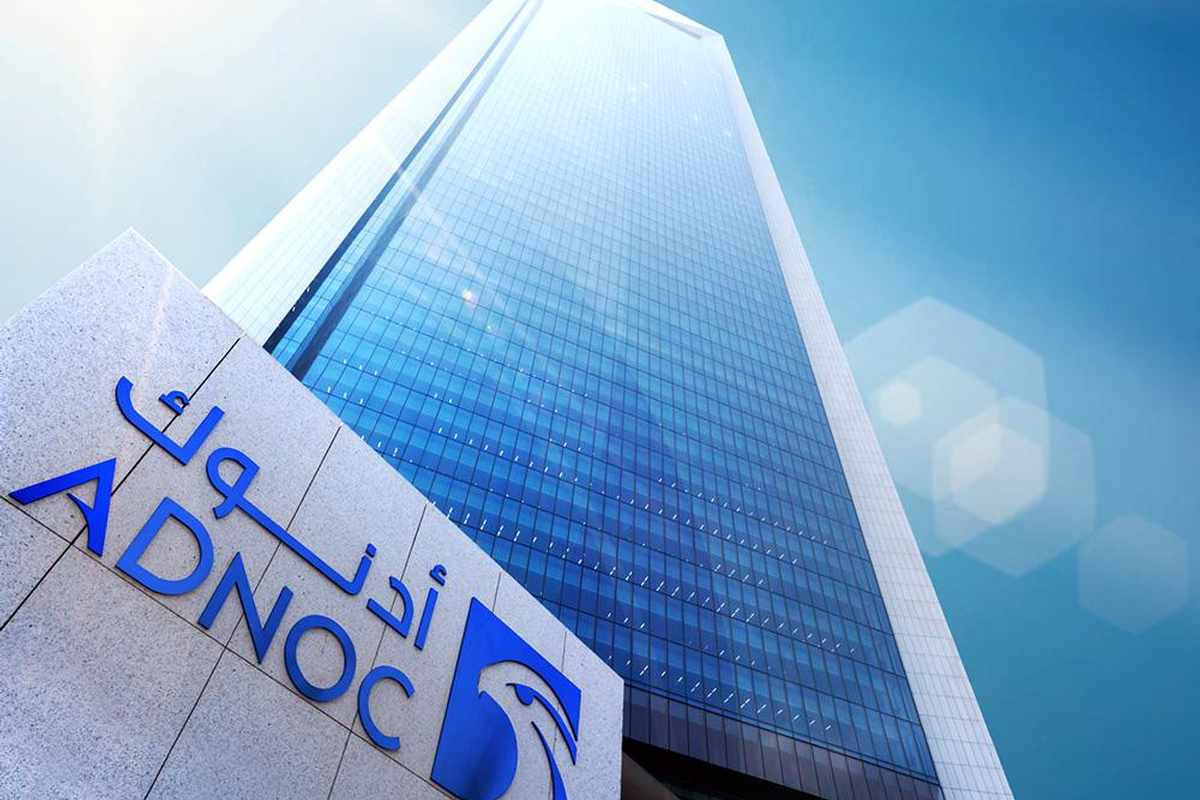Gas giants British Petroleum (BP) and Abu Dhabi National Oil Company (ADNOC) placed a $4 billion offer to purchase half of NewMed Energy, the Israeli company said Tuesday.
The participation of Emirati firm ADNOC is the latest sign of the quickening normalisation of relations between Israel and the UAE since their opening of diplomatic ties in 2020 and their signing of a free trade deal last year which takes effect next month.
NewMed, which holds 45 percent of Israel’s Leviathan offshore gas field, said the “non-binding indicative offer” was received on Monday, noting it had appointed an audit committee to examine the deal.
The cash purchase would include all of NewMed’s publicly held participation units, and a small number of participation units held by Israeli holding firm Delek, of which NewMed is a subsidiary.
BP said that “together with ADNOC, it has made a non-binding offer to take NewMed Energy private through an acquisition of the free float and a partial acquisition of Delek’s stake, which would result in BP and ADNOC holding 50 percent of NewMed Energy”.
The deal would “be a significant first step” in BP and ADNOC’s intention “to form a new joint venture that will be focused on gas development in international areas of mutual interest, including the East Mediterranean”, BP said in a statement.
NewMed CEO Yossi Abu said the offer was “the result of the warm relationships and bridges we have built in recent years with the energy companies working in the region”.
To Abu, the offer was also “an important vote of confidence” in “the Israeli gas market in general, and to the business and assets of NewMed Energy in particular”, a company statement said.
‘Stable relations’
Israel’s Energy Minister Israel Katz welcomed the tentative deal, which he called “a testament to the potential and appeal of Israel’s natural gas industry to the world” and “the stable relations and trust between Israel and the UAE”.
“The deal’s details, which will be presented to my office, will be examined by the relevant professional authorities, as a condition to its approval,” he said in remarks relayed by a spokeswoman.
Leviathan, discovered 130 kilometres (80 miles) west of the Mediterranean port city of Haifa in 2010, is estimated by NewMed to hold 605 billion cubic metres (21.3 trillion cubic feet) of natural gas, along with 34.1 million barrels of condensate.
Production began in December 2019 and the field supplies gas to Israel, as well as neighbouring Egypt and Jordan.
Israel began producing and exporting gas after discovering several reservoirs off its coast in the early 2010s. While it has pipelines to Egypt and Jordan, there are no pipelines connecting its drilling platforms in the Mediterranean to southern Europe.
The bid comes as many European countries have been working hard to reduce their dependence on Russian gas since the start of the Ukraine war.
Earlier this month, Prime Minister Benjamin Netanyahu raised the possibility of creating a liquefied natural gas terminal in Cyprus.
Such a facility could “increase Israel’s export capacities of gas to Italy, and from Italy to Europe”, Netanyahu told Italian Enterprise Minister Adolfo Urso at a business forum in Rome.
NewMed’s Abu also recently said his company was working on building a floating liquefied natural gas (FLNG) facility, which would enable Israel to be a natural gas exporter to Europe and Asia.








